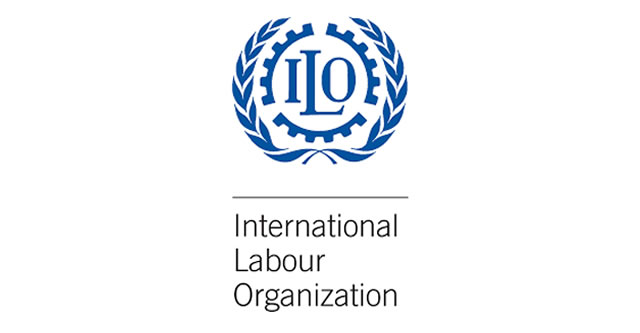The International Labour Organisation has disclosed that millions of workers worldwide in both the formal and informal economies continue to earn very low wages compared to the cost of living and live in poverty.
It stated this in a release after a meeting of experts on wage policies, in February, which was endorsed by the ILO’s Governing Body at its session on March 13, 2024.
ILO stressed that those workers and their families were unable to afford healthy food, decent housing, medical care, or schooling for their children.
It declared that it had reached an agreement on the estimation and operationalisation of living wages.
According to ILO, experts agreed that decent wages are central to economic and social development and to advance social justice, adding that they also play an essential role in reducing poverty and inequality and ensuring a decent and dignified life. Related News ‘3% growth rate may double poverty level by 2050’ When the children are starving Nigerians in throes of biting hunger as economic crisis pushes many into poverty
Experts define the concept of a living wage as “the wage level that is necessary to afford a decent standard of living for workers and their families, taking into account the country’s circumstances and calculated for the work performed during the normal hours of work”.
“The agreement says that the estimation of living wages should follow several principles, including the use of evidence-based methodologies and robust data, consultations with workers’ and employers’ organisations, transparency, public availability, and the consideration of regional and local contexts and socio-economic and cultural realities,” ILO stated.
It noted that living wages should be achieved through wage-setting processes that are in line with ILO principles, including strengthening social dialogue and collective bargaining and empowering wage-setting institutions.
“The needs of workers and their families and economic factors are the two pillars of wage-setting processes. Living wages should not be a one-size-fits-all approach and should reflect local or regional differences within countries.
“A sustainable strategy to promote living wages should go beyond the realm of wage-setting mechanisms alone and include a broader consideration of factors,” the global labour body asserted.cordi
